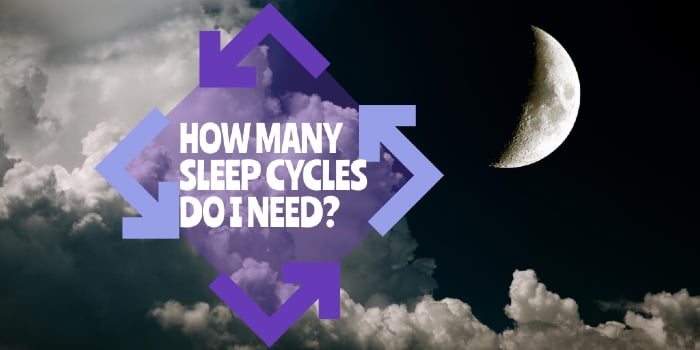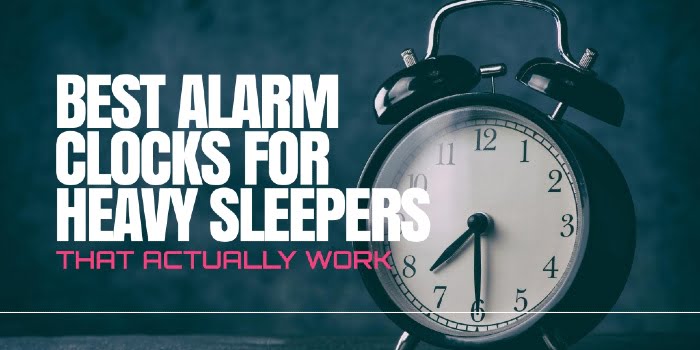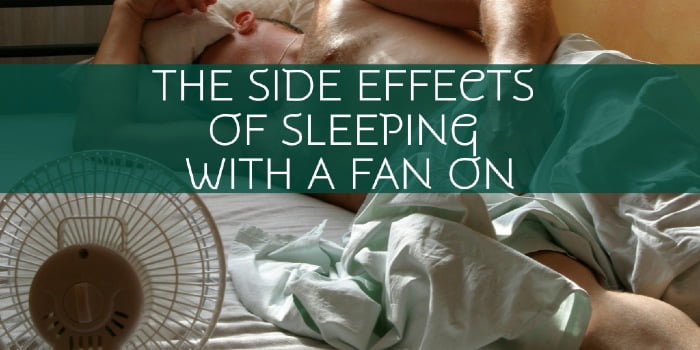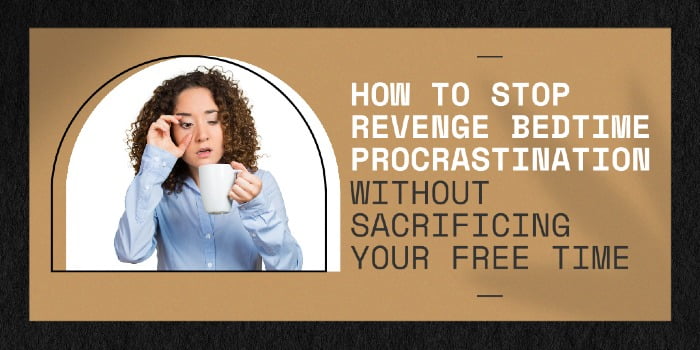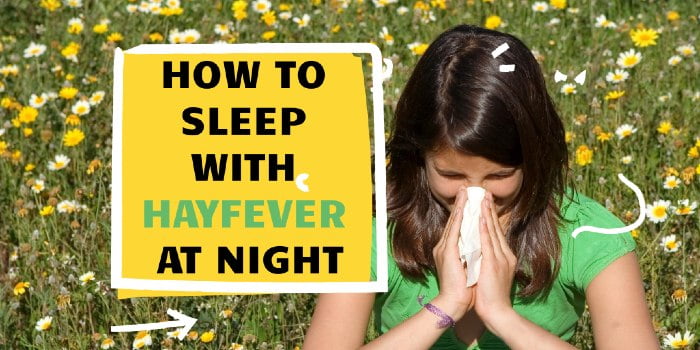Sleep is one of the most important things you’ll ever do.
It’s the key to keeping us happy, healthy and alive. Without it, we wouldn’t have the energy to be ourselves or even get up in the morning.
But not all sleep is the same. When you go to sleep at night, you enter various stages of sleep, called the sleep cycle. For example, every person spends an average of 2 hours a night dreaming, but most people won’t remember their dreams.
Find out the answers to all your questions, including what the sleep cycle is, how many sleep cycles do I need a night and why they’re important in this guide.
What are the stages of a sleep cycle?
When we fall asleep, our bodies move through 5 different stages of sleep.
Stage one of the sleep cycle
This is the lightest stage of sleep, as it’s where your body slowly goes from being awake, to being asleep. Your breathing and heart rate will slow, your muscles will relax, your brain waves will begin to quieten down and finally, your thoughts will quiet down as you settle into a slumber.
Stage two of the sleep cycle
Stage two is another phase of light sleep. Pulling you slightly closer towards a deep sleep, this phase will be where your eye movements stop and your brain waves slow down even further. During this stage, you may still experience bursts of electrical activity called sleep spindles.
In addition, body temperature drops and your muscles relax further, getting ready to take you under a deeper sleep. Interestingly, nearly 50% of your time asleep is spent in stage two.
Stage three and four of the sleep cycle
Finally, we reach that all-important deep sleep stage in stages three and four of your sleep cycle. Both of these phases are where your body does all its needed rest and recourporation. It’s this stage that allows you to feel refreshed and awake in the morning.
Because both stages three and four have similar effects on the body, some sources count them as the same stage. In them, your heartbeat and breathing rate slow to their lowest, your muscles completely relax, and you are less likely to be awoken.
Stage five of the sleep cycle
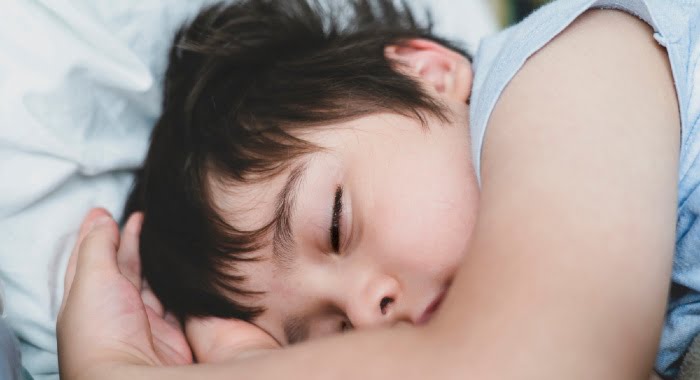
This stage is where your body enters REM (Rapid Eye Movement) sleep.
REM Sleep is named that way because, underneath your eyelids, your eyes rapidly dart from side to side while you’re asleep. It may sound a little weird, but it’s totally normal.
Unlike deep sleep, your brain is pretty active during this stage, particularly the thalamus. This is the part of your brain which sends information from your senses to the cerebral cortex, where memories are stored. During REM sleep, the thalamus sends images, sounds and other messages to your cerebral cortex that become a part of your dreams.
This stage is thought to process your thoughts, memories and emotions from the day.
Once this stage is complete, your body will naturally cycle back into stage 2 and complete the cycle again. Generally, your body spends about 20 minutes in REM sleep, and 70 minutes in Non-REM sleep per cycle.
What’s more important: REM sleep or Non REM sleep?
Both REM and Non-REM sleep play incredibly important roles in your sleep cycle.
It’s sometimes easier to think of these changes as physical and mental chances for your body to rest and recover.
- Non-REM sleep is for the physical recovery of your body. This stage is needed to repair your muscles, help heal any injuries and rejuvenate your cells.
- REM sleep is for the mental recovery of your body. This stage is used to process your emotions, store your memories and deal with the events from the day.
Basically, REM sleep is mind, Non REM is body. Both are important to be happy and healthy.
How long does a sleep cycle last?
A complete sleep cycle takes up no more than 90 minutes on average. However, cycle length can vary from 60-120 mins. depending on the person.
Generally, you’ll go through 4-6 sleep cycles a night until you wake up. But there are a couple of exceptions to this rule, with certain sleep disorders that affect your sleep cycle.
For example, those with sleep apnea can be woken up mid-cycle, depriving them of sleep.
There are also a number of sleep disorders that are associated with various stages of your sleep cycle, including narcolepsy and sleepwalking.
Narcolepsy is a rare sleep disorder that includes symptoms of excessive sleepiness, sleep attacks, sleep paralysis, and hallucinations. According to the NHS, it’s estimated to affect about 30,000 people in the UK.
People with narcolepsy are unable to regulate the normal awake/sleep routines and undergo the normal sleep cycle. Instead, their brain will immediately enter the REM (Rapid Eye Movement) stage of sleep, which should be the 5th stage.

In addition, people with narcolepsy can enter the REM stage of sleep while they’re awake. This results in dream-like hallucinations or suddenly falling asleep without warning.
A similar process happens with sleepwalkers. Instead of naturally cycling through all the stages of sleep, sleepwalkers skip stages of non-REM sleep, meaning you ‘crash’ straight into a deep sleep. Without properly going through the sleep stages, your body gets confused between being awake and asleep, causing people to get up and carry activities out.
This is not only dangerous for sleepwalkers, particularly if they try driving or leaving the house in their sleep, it also means their body doesn’t get a chance to rest and recover, leaving them more tired and sleep-deprived during the day.
What happens if you wake up during a sleep cycle?
If you don’t complete a sleep cycle, your body won’t get the chance to fully rest that it needs. Immediately, you’ll feel very groggy and disorientated and will struggle to pull yourself out of sleep.
Sleep cycles are often disturbed by outside noises, such as alarms.
If you often feel like this when your alarm goes off, it might be that the time you set it is mid-sleep cycle. To feel like you’re awaking more naturally in the morning, you’ll want to go to bed slightly earlier to give yourself enough time to complete a cycle.
For example, let’s say your alarm is set at 7am. If you fall asleep around midnight every night, and have 90-minute sleep cycles, they’ll roughly last between these times:
12pm > 1.30am > 3am > 4.30am > 6am > 7.30am.
If your alarm is going off at 7.00am, it’s cutting a cycle 30 minutes short, making you feel worse in the morning. However, if you went to sleep 30 minutes earlier, your sleep cycles will look like this instead.
11.30pm > 1am > 2.30am > 4am > 5.30am > 7am.
Now, when your alarm goes offf at 7am, you’ll have completed another full sleep cycle and feel a lot more refreshed and ready to get up and start your day.
Need help calculating your bedtime? Try out this sleep cycle calculator here.
How many sleep cycles do I need a night?
Most people will need between 5-6 sleep cycles per night.
But, that is a guide. The exact number of hours, or sleep cycles, you need at night will vary depending on a number of factors, including:
- Your age, as children and younger adults tend to need more sleep;
- Your gender, as women tend to need 20 more minutes on average than men;
- Your lifestyle, as those who participate in a lot of sport or have a highly active lifestyle, will need more sleep time to help muscles recover;
- Other factors, such as pregnancy and genetics.
In general terms, this is the recommended hours of sleep you need at night based on your age:
| Age group | Recommended hours of sleep |
| Newborns | 17-17 hours a day |
| 12 months | 14 hours a day, split approximately into 10 hours at night and 4 hours of naps in the day. |
| 2 years | 12-14 hours, split into approximately 11-12 hours at night and a 1-2 hour nap. |
| 3-5 years | 10-13 hours a day |
| 6-13 years | 9-11 hours a day |
| 14-17 years | 7-9 hours a day |
| Young adults ages 18-25 | 7-9 hours a day |
| Adults aged 26-64 | 7-9 hours a day |
| Older adults, aged 65+ years old. | 7-8 hours a day |
Is 4 sleep cycles enough?
On average, 4 sleep cycles will take about 6 hours to complete, which is under the recommended guidelines of 8 hours a night.
Only having 4 sleep cycles a night will mean that you’re not getting enough sleep at night. Depending on your age range and other factors, you’ll want to aim for in between 5-6 sleep cycles a night.
However: getting 4 hours of completed sleep cycles a night is better than getting 8-10 hours of uncompleted sleep cycles per night.
How can I tell if I’m getting enough sleep?
Not getting enough sleep at night can cause a variety of health and mental problems. Although you might think it’s okay to skip an odd hour here and there, the bottom line is that if you’re not getting enough sleep at night, you will be sleep-deprived.
In fact, one report showed you’re much more likely to develop health problems such as asthma, depression, or even become at risk for a heart attack if you get less than 7 hours sleep a night.
If you’re feeling any of the following symptoms, then the chances are that you’re not getting enough sleep at night.
- Struggling to wake up naturally in the morning or relying on an alarm clock;
- Finding it hard to leave the bed in the morning, hitting the snooze button or falling back to sleep;
- Relying on caffeine throughout the day to keep yourself awake;
- Having naps throughout the day, or falling asleep when relaxing;
- Feeling drowsy in warm rooms;
- Trouble concentrating throughout the day;
- Feeling groggy or tired throughout the day;
- Feeling like you lack the energy to complete your day-to-day activities;
- Feeling drowsy while driving, or after eating heavy meals.
Don’t worry, we’ve got a whole host of sleep tips that you can follow to help up your hours and sleep cycles throughout the night.
How many sleep cycles do I need: tips to improve your sleep
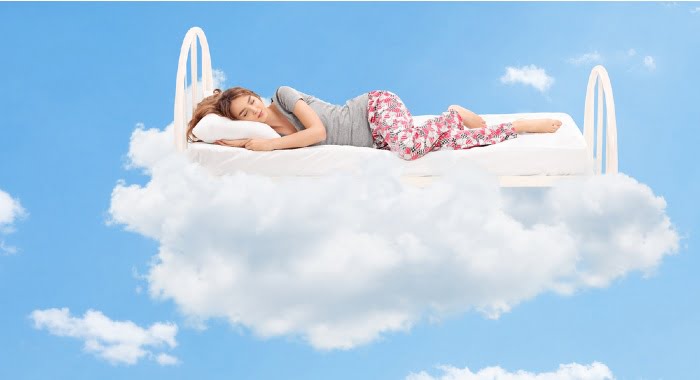
In short, you need an average of 5-6 complete sleep cycles a night to fully rest your mind and body. Any distribution to this cycle could see you tired and sleep deprived, increasing the risk of various health conditions.
Not getting enough sleep at night?
Here are some tips that you can use to increase the hours of sleep and amount of sleep cycles that you go through at night.
- Build a great sleep hygiene routine. This is a personal routine that sets your body up in the best possible place to sleep soundlessly through the night and can include factors like winding down before bed or even using sleep relaxation exercises.
- Limit your caffeine and alcohol intake. Caffeine blocks a hormone called adenosine, which tricks your body into thinking it’s awake when it’s actually tired. Both caffeine and alcohol also block the production of melatonin, the sleep hormone that your body needs to send you to sleep.
- Keep your room cool and clean. Cleaner rooms help reduce the number of distractions that could keep your mind active at night, while lower temperatures can make it easier to fall asleep.
- Make sure you’re comfortable. You won’t be able to sleep if you’re not comfortable, so make sure that you’re sleeping on the right type of mattress, or that you’re using the right number of pillows. Some people may also find that using weighted blankets at night also help improve sleep.
- Avoid gadgets. Electrical devices such as phones or TVs emit a type of light that disturbs your circadian rhythm. This stop your body from producing hormones that help you sleep.
Looking for more sleep advice? get more helpful tips and tricks to try in our guide on how to improve your sleep here.
